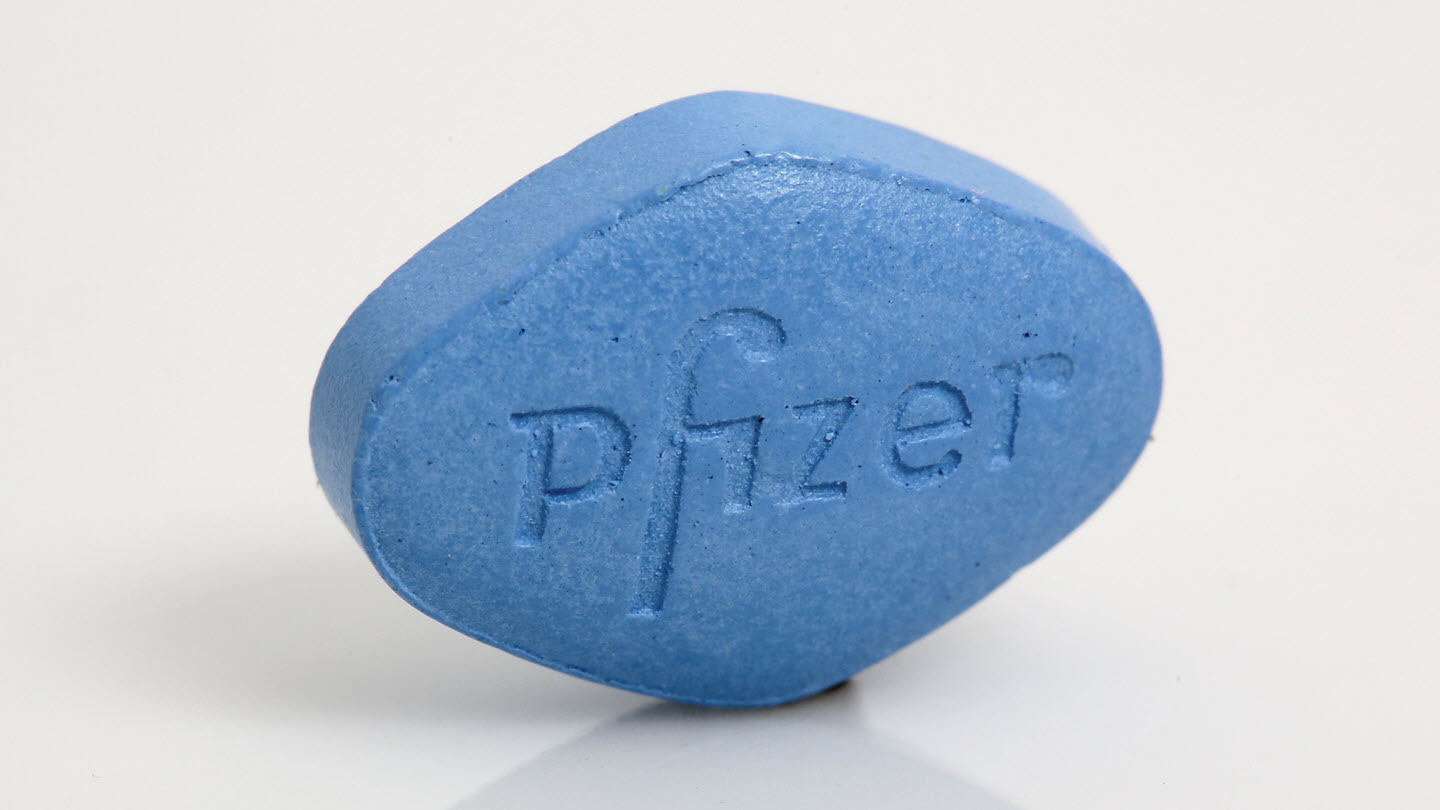
Dems Signaling Opposition to Pelosi’s Drug Pricing Bill Got 2.5x More Pharma Money
Ten House Democrats sent Speaker Pelosi a letter earlier this month that could spell trouble for her drug pricing reform bill, H.R. 3, that she was considering adding to the child care, education, and paid family leave package that Joe Biden has proposed.
The letter, co-led by House Democrats Scott Peters and Jake Auchincloss, does not explicitly oppose H.R. 3, but it strongly implies it by saying they would prefer health care bills that have bipartisan congressional support and buy-in from “stakeholders in the public and private sectors.”
H.R. 3 does not have any Republican co-sponsors, and when it was approved by the House during the last Congress it only got 2 Republican votes. Drug companies oppose it strongly, as it would lead to Medicare spending $456 billion less on drugs over the next 10 years, according to the Congressional Budget Office.
The ten signers are enough to sink Pelosi’s bill since the Democrats hold a very slim majority in the House.
Outside of Congress, addressing the high costs of prescriptions is a bipartisan issue, with strong majorities telling pollsters they favor candidates who support lowering drug prices, including 66% of Republicans.
The Democratic letter signers, however, are benefitting from the backing of the pharmaceutical industry. On average, the signers received $93,275 from the OpenSecrets-defined pharmaceutical/health products industry in the 2020 election cycle, according to Sludge’s analysis, far more than the average for House Democrats during that period of $37,788.
H.R. 3 would allow the government to negotiate the costs of drugs and require it to negotiate prices on insulin products and, beginning in 2023, at least 25 single-source, brand-name drugs that do not have generic competition and are among the most expensive drugs in the country. The number of drugs the government would have to negotiate prices on would increase to at least 50 in 2024. The negotiated prices would be available to people on Medicare and consumers in the private insurance market. The bill would also require drug companies to reimburse the government for drugs whose prices are raised at rates faster than inflation, among other measures.
The letter signers include three members of the moderate Blue Dog Caucus, which has a PAC that raises money from the PACs of pharmaceutical companies. An affiliated nonprofit that used to be called the Blue Dog Research Forum is funded by the Pharmaceutical Research and Manufacturers Association (PhRMA), has PhRMA lobbyists on its board of directors, has flown House staffer to meet with pharmaceutical industry executives, and has bought Facebook ads to promote the pharmaceutical industry.
Note: table below must be viewed on desktop.
